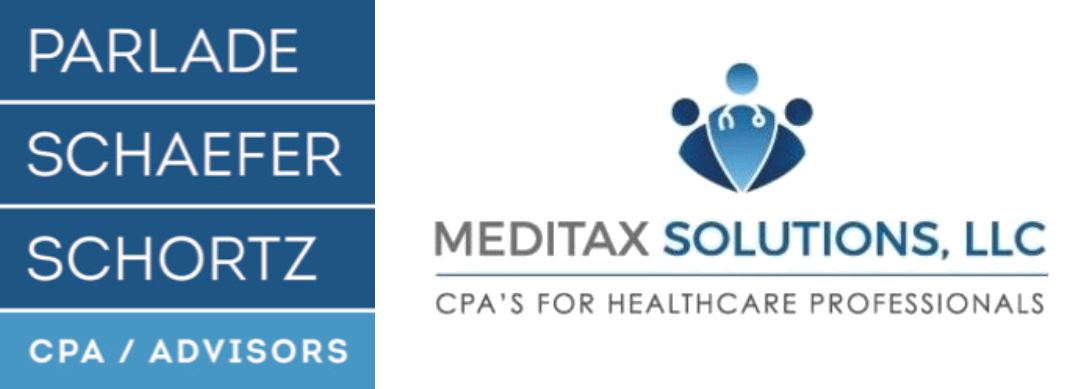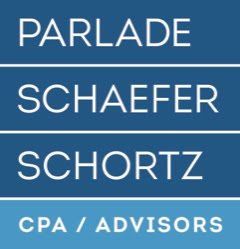How to Transition into Passive Real Estate Investing with a DST
Real estate investment can be a very lucrative means of generating wealth for the savvy investor. There are many tools, like tax advantages and laws that can be used to further success and quality of investments. One of those tools is the DST. This tool opens doors to real estate investors of all sizes, to be able to take part in investing in large commercial properties. It provides access to investments that most could never acquire on their own.
It’s gaining popularity because a 1031 exchange can be invested into a passive DST investment and maintain capital gains deferment.
What is a DST
The Delaware Statutory Trust is a vehicle for a collective group of investors to enter into a trust, that acts as a single legal entity. The property is owned by the trust and managed by a sponsor. Each investor owns a share equal to their investment percentage. DSTs can provide monthly income with tax-advantages. The rules of a DST are strict.
Once a DST is closed there aren’t many more negotiations that can take place, including the lease, the loan, and further investor contributions. Your funds are illiquid, tied up for generally 5 to 10 years.
However when a DST property sells you can transition back to actively investing with a 1031. An experienced real estate CPA or attorney can navigate you through the process.
DST Advantages
- Passive Investment
- DSTs are managed by the sponsor, not by the investors relieving the investors from landlord burdens
- Financing
- This is simplified because each investor doesn’t need to qualify for the loan and provide any type of financial information to the lender. The trust as its own legal entity applies for financing
- 1031
- Capital gains can continue to be deferred by investing the sale of a 1031 property into a DST. Upon the sale of a DST, the capital gains can also be deferred by using a 1031, to actively invest in a property once more
- Generate Monthly Income
- A DST can generate monthly income along with providing tax advantages
- Tax Advantages
- DST provides beneficial tax deductions, annual depreciation, and they are not subject to income tax
- Diversification
- A DST provides a great opportunity to diversify your portfolio with passive holdings and enter into larger properties you may not have been able to acquire on your own
DST Disadvantages
Complicated
The regulations of a DST and 1031 involvement can make entering into a DST seem complicated, however a real tax professional can advise you.
Illiquid
Your money is tied up for a significant number of years in a passive investment. Their strict structure doesn’t allow for additional negotiations once a DST is closed.
Market Fluctuations
A risk for all real estate investments, but this might be more frustrating when taking a passive role in the investment.
Fees
DSTs may have many more additional fees that you need to be aware of in assessing the potential return on the investment. There are the normal loan, legal, lender fees, and often additional brokerage fees, along with expenses generated in creating the trust. The sponsor may charge fees for finding the property, securing financing, managing the DST, and fees associated with selling the property. All these fees need to be considered to identify the quality of the investment upon entering into a DST.
Collateral
In a DST each investor doesn’t have to qualify for the property loan. The lender receives no guarantee, so the property is used as loan collateral leaving the property at risk.
Conclusion
While returns from a DST may not be as high as more risky active real estate investments, the trade off is the entrance into passive investing, along with preserving capital gains deferments from 1031s, and its tax advantages.
A DST is a great opportunity to diversify your portfolio and take part in investing in large commercial properties. A qualified real estate tax professional can help you navigate through a DST opportunity.






